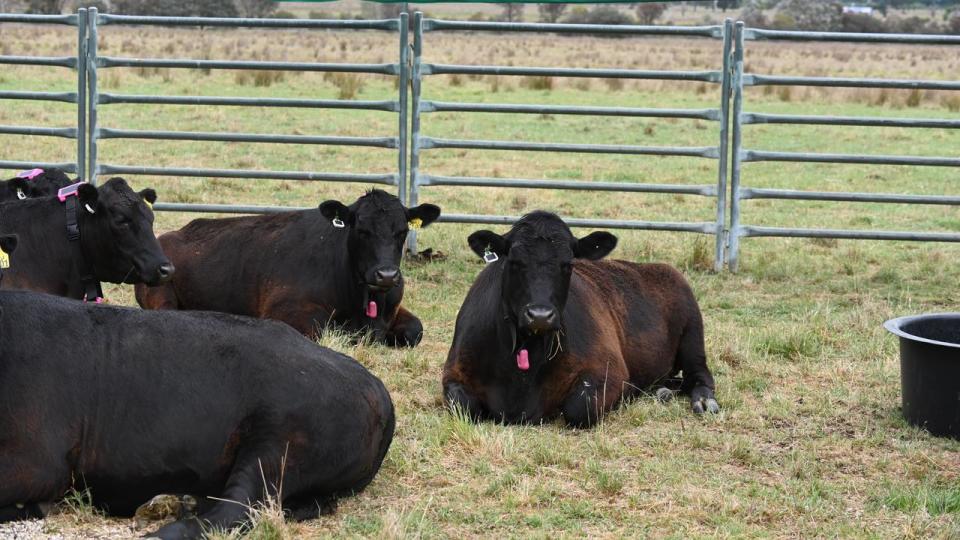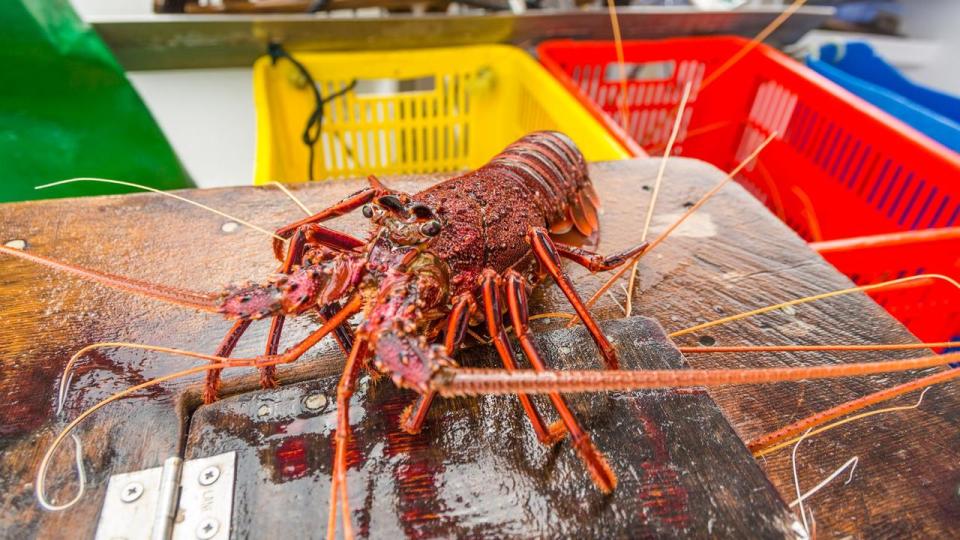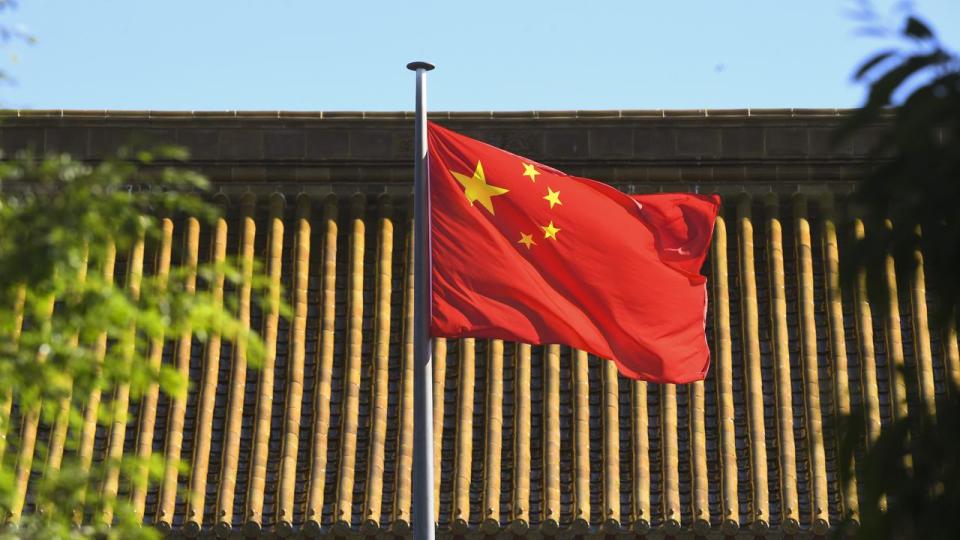PM welcomes China dropping ban on beef exports
The lifting of export bans on five Australian beef producers is a significant win for farmers, the prime minister says.
The bans were removed on Wednesday night, with immediate effect, for the Queensland and NSW abattoirs, ahead of a visit to Australia by Chinese Premier Li Qiang.
Prime Minister Anthony Albanese said the government's approach to China had meant nearly all of $20 billion worth of sanctions, imposed since 2020, had been lifted as relations thawed.
"Our approach to China has been patient, calibrated and deliberate without compromising any of our national interest, and it has paid dividends," he told parliament on Thursday.

"I welcome the announcement that five of Australia's leading beef producers can resume their exports to China. This means jobs, this means economic growth, this means a significant benefit for farmers."
Trade Minister Don Farrell said the government would continue to press for remaining sanctions on lobsters to be removed.
"Two years ago,we started with $20 billion worth of trade impediments, now that is below $1 billion. In the last month we sold more wine to China than we had sold in the previous three years," he told ABC TV.
"Things really are heading in the right direction, and I am confident we will be able to put all of those issues behind us and turn a new leaf."
Beijing slapped sanctions on Australia in 2020 at the height of a diplomatic spat between the two countries, after the former Morrison government called for an independent inquiry into the origin of COVID-19.
The announcement precedes Mr Li's high-level talks with Mr Albanese, set to take place in June.
National Farmers Federation president David Jochinke welcomed the lifting of the trade sanctions.
"This is another important step in the right direction towards improving our trading relationship with one of Australia's major partners," he said.,
"We will continue to work with the government as it progresses the resolution of remaining trade impediments for the meat and rock lobster sectors."

Farmers for Climate Action chief executive Natalie Collard said there was still more work to be done before all trade barriers were gone.
"The resumption of trade for these major exporters is great news for the beef industry, as were the previous announcements when other commodity exporters had their trade bans to China lifted," she said.
The government maintains its message of trade diversification to Australian companies.
Opposition immigration spokesman Dan Tehan welcomed the lift on trade sanctions as a continuity of approach between the former coalition government and the current administration.
"It shows that China understands that the trade sanctions that they put in place against Australia didn't work," he told ABC radio.
"China's finally realised that this was hurting them and not us, and it's an absolute credit to our exporters - the way they're able to diversify into other markets."

With renewed access to Australia's largest trading partner, producers of barley, cotton, oaten hay and timber have had their exports swell by more than $3 billion over the past year and a bit.
The $3 billion figure does not include increased earnings from the resumption of wine sales to China, after Beijing dropped a tax of 220 per cent on Australian wine in March.
In 2019, Australian wine exports to China were worth $1.1 billion.
Even if all tariffs are eventually lifted, it is unlikely Australian trade with China will fully return to pre-COVID levels.
Impacted sectors have looked to diversify their export markets since the overnight drop in sales highlighted the pitfalls of placing all one's eggs in one basket.

